 W
WJeremy Bentham was an English philosopher, jurist, and social reformer regarded as the founder of modern utilitarianism.
 W
WSamuel Taylor Coleridge was an English poet, literary critic, philosopher and theologian who, with his friend William Wordsworth, was a founder of the Romantic Movement in England and a member of the Lake Poets. He also shared volumes and collaborated with Charles Lamb, Robert Southey, and Charles Lloyd. He wrote the poems The Rime of the Ancient Mariner and Kubla Khan, as well as the major prose work Biographia Literaria. His critical work, especially on William Shakespeare, was highly influential, and he helped introduce German idealist philosophy to English-speaking culture. Coleridge coined many familiar words and phrases, including "suspension of disbelief". He had a major influence on Ralph Waldo Emerson and American transcendentalism.
 W
WAdam Ferguson, FRSE, also known as Ferguson of Raith, was a Scottish philosopher and historian of the Scottish Enlightenment.
 W
WTibor Fischer is a British novelist and short story writer. In 1993, he was selected by the literary magazine Granta as one of the 20 best young British writers while his novel Under the Frog was featured on the Booker Prize shortlist.
 W
WChristopher Eric Hitchens was a British-American author, journalist, orator, and columnist. He wrote, co-wrote, edited or co-edited over 30 books, including five of essays on culture, politics, and literature.
 W
WIain Benjamin King is a British writer. King was appointed a Commander of the Order of the British Empire in the 2013 Birthday Honours, for services to governance in Libya, Afghanistan and Kosovo. He is a Scholar at the United States Military Academy at West Point, and a former Fellow at the Center for Strategic and International Studies, and at Cambridge University.
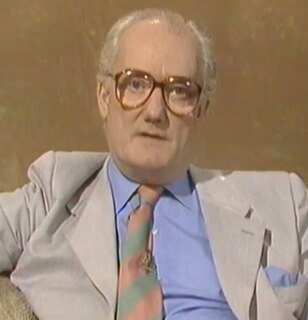 W
WBryan Edgar Magee was a British philosopher, broadcaster, politician and author, best known for bringing philosophy to a popular audience.
 W
WJohn Stuart Mill, also cited as J. S. Mill, was an English philosopher, political economist, Member of Parliament (MP) and civil servant. One of the most influential thinkers in the history of classical liberalism, he contributed widely to social theory, political theory, and political economy. Dubbed "the most influential English-speaking philosopher of the nineteenth century", he conceived of liberty as justifying the freedom of the individual in opposition to unlimited state and social control. In his later years, whilst continuing to staunchly defend individual rights and freedoms, he became more critical of economic liberalism and his views on political economy moved towards a form of liberal socialism.
 W
WGeorge Joshua Richard Monbiot is a British writer known for his environmental and political activism. He writes a weekly column for The Guardian, and is the author of a number of books, including Captive State: The Corporate Takeover of Britain (2000), Feral: Searching for Enchantment on the Frontiers of Rewilding (2013) and Out of the Wreckage: A New Politics in the Age of Crisis (2017). He is the founder of The Land is Ours, a campaign for the right of access to the countryside and its resources in the United Kingdom.
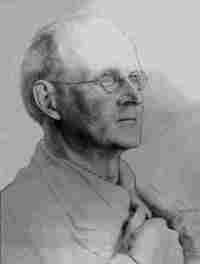 W
WCharles Kay Ogden was an English linguist, philosopher, and writer. Described as a polymath but also an eccentric and outsider, he took part in many ventures related to literature, politics, the arts, and philosophy, having a broad effect particularly as an editor, translator, and activist on behalf of a reformed version of the English language. He is typically defined as a linguistic psychologist, and is now mostly remembered as the inventor and propagator of Basic English.
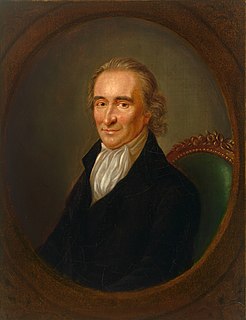 W
WThomas Paine was an English-born American political activist, philosopher, political theorist, and revolutionary. He authored Common Sense (1776) and The American Crisis (1776–1783), the two most influential pamphlets at the start of the American Revolution, and helped inspire the patriots in 1776 to declare independence from Great Britain. His ideas reflected Enlightenment-era ideals of transnational human rights.
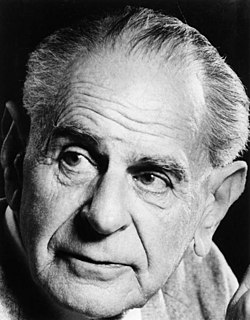 W
WSir Karl Raimund Popper was an Austrian-British philosopher, academic and social commentator. One of the 20th century's most influential philosophers of science, Popper is known for his rejection of the classical inductivist views on the scientific method in favour of empirical falsification. According to Popper, a theory in the empirical sciences can never be proven, but it can be falsified, meaning that it can be scrutinised with decisive experiments. Popper was opposed to the classical justificationist account of knowledge, which he replaced with critical rationalism, namely "the first non-justificational philosophy of criticism in the history of philosophy".
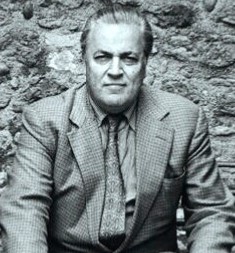 W
WAnthony Meredith Quinton, Baron Quinton, FBA was a British political and moral philosopher, metaphysician, and materialist philosopher of mind.
 W
WBertrand Arthur William Russell, 3rd Earl Russell was a British polymath. As an academic, he worked in philosophy, mathematics, and logic. His work has had a considerable influence on mathematics, logic, set theory, linguistics, artificial intelligence, cognitive science, computer science, and various areas of analytic philosophy, especially philosophy of mathematics, philosophy of language, epistemology and metaphysics. He was a public intellectual, historian, social critic, political activist, and Nobel laureate. He was born in Monmouthshire into one of the most prominent aristocratic families in the United Kingdom.
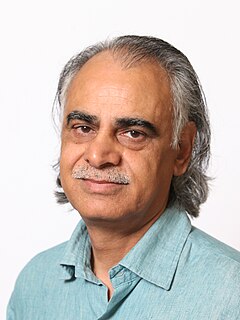 W
WZiauddin Sardar is a British-Pakistani scholar, award-winning writer, cultural critic and public intellectual who specialises in Muslim thought, the future of Islam, futurology and science and cultural relations. The author and editor of more than 50 books, Prospect magazine has named him as one of Britain's top 100 public intellectuals and The Independent newspaper calls him: 'Britain's own Muslim polymath'.
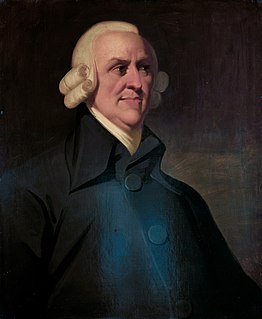 W
WAdam Smith was a Scottish economist, philosopher, pioneer of political economy, and a key figure during the Scottish Enlightenment. Also known as ''The Father of Economics'' or ''The Father of Capitalism,'' Smith wrote two classic works, The Theory of Moral Sentiments (1759) and An Inquiry into the Nature and Causes of the Wealth of Nations (1776). The latter, often abbreviated as The Wealth of Nations, is considered his magnum opus and the first modern work of economics. In his work, Adam Smith introduced his theory of absolute advantage.
 W
WHelen Mary Warnock, Baroness Warnock, was an English philosopher of morality, education, and mind, and a writer on existentialism. She is best known for chairing an inquiry whose report formed the basis of the Human Fertilisation and Embryology Act 1990. She served as Mistress of Girton College, Cambridge from 1984 to 1991.
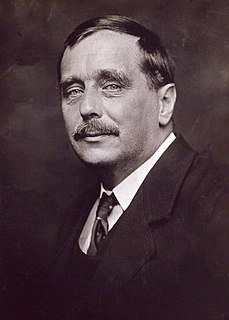 W
WHerbert George Wells was an English writer. Prolific in many genres, he wrote dozens of novels, short stories, and works of social commentary, history, satire, biography and autobiography. His work also included two books on recreational war games. Wells is now best remembered for his science fiction novels and is often called the "father of science fiction", along with Jules Verne and the publisher Hugo Gernsback.
 W
WRaymond Henry Williams was a Welsh socialist writer, academic, novelist and critic influential within the New Left and in wider culture. His writings on politics, culture, the media and literature contributed to the Marxist critique of culture and the arts. Some 750,000 copies of his books were sold in UK editions alone, and there are many translations available. His work laid foundations for the field of cultural studies and cultural materialism.
 W
WAdeline Virginia Woolf was an English writer, considered one of the most important modernist 20th-century authors and a pioneer in the use of stream of consciousness as a narrative device.